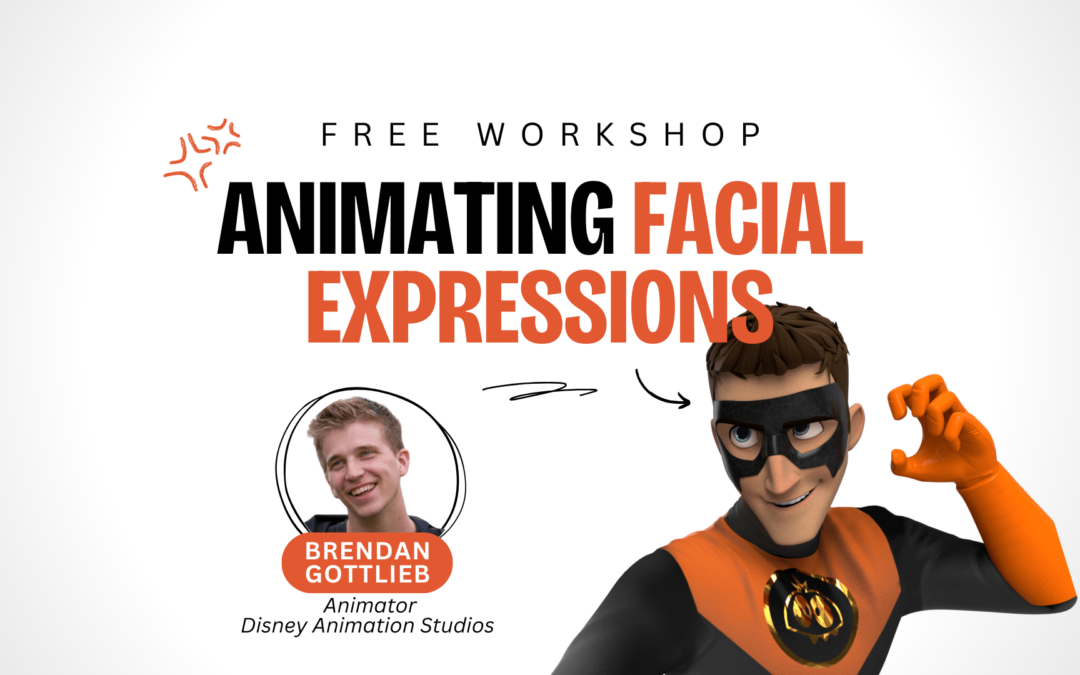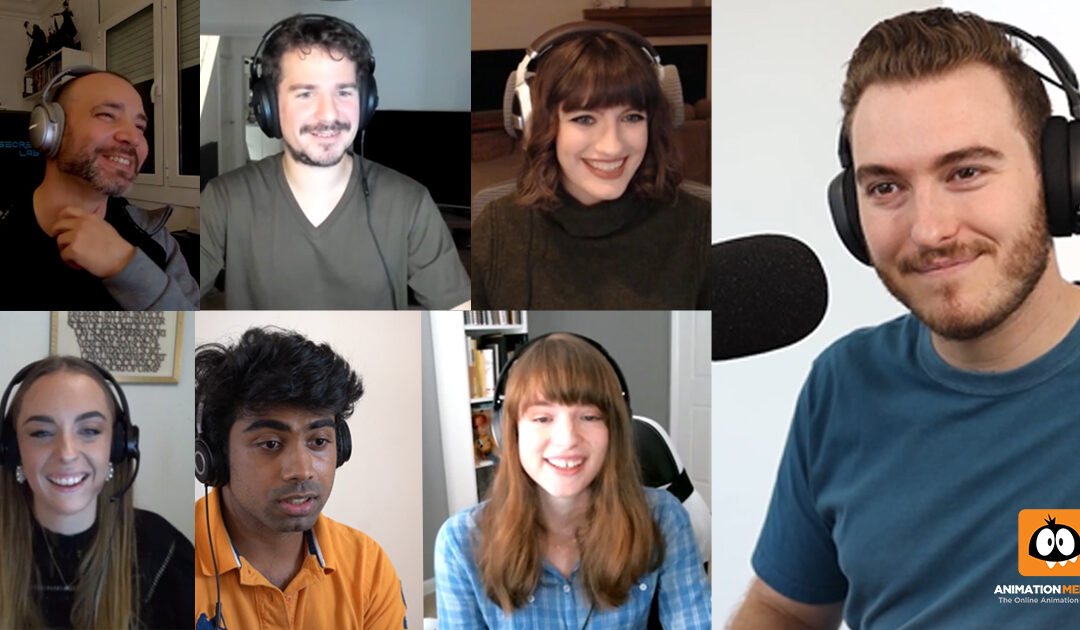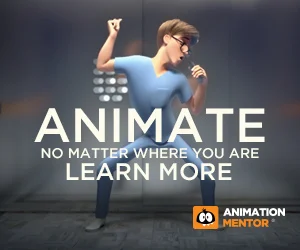Assistant Animation Director on Disney’s Planes. Mentor at Animation Mentor. Ethan Hurd is the man. We’re honored to have Ethan drop by the blog to shed light on his role as Assistant Animation Director and career as an animator. Want to take an Advanced Acting class with Ethan as your mentor? Apply today.
-The Animation Mentor Crew
Can you describe the role of an Assistant Animation Director?
The Animation Director is responsible for the look and feel of the animation in the film. The responsibility of the assistant is to support the Animation Director, it is too much work for one person to do. On this film I created style guides, did research and gathered reference material, lectures, and I also animated a few shots myself. I worked as a go between between the director and the animators, describing the director’s vision into terms that an animator could understand. I work on the front end before animation starts so that the animators have all the material they need. Production, over seeing the animation of shot and the back end, making sure the animation serves the director’s vision and looks as good as possible all the way tell it’s done and on screen. Over all it’s a fun job as you have your hands on a lot of different aspects of production.
What is the hardest part of infusing personality into airplanes?
Our film needed to be an an extension of the world that Pixar created with Cars. This is a challenge as Pixar is good at creating big shoes to fill. in Cars there was a mandate for “Truth in Material.” This means if something is made of metal, it should move like it’s made of metal. The computer is capable of rendering thing to look very realistic. Most of our characters are big heavy shiny metal objects, if they look like heavy metal objects but move like rubber or taffy then the mind perceives them as wrong. So we worked very hard to make sure that big metal objects moved like big metal objects, with personality, subtext and body language.
It was a challenge, at first everyone makes the mistake of over-acting, when you don’t have arms or legs you have an instinct to want to move what you do have more. It takes a while to figure out but I believe the effort is what elevates the quality of the film.
As Executive Producer, how much is John Lasseter involved in the production?
John Lasseter oversaw every step of production. He was at the studio quite often, giving notes and advice. It was interesting because he did give the directors and film makers a lot of freedom. But he also rolled up his sleeves and worked in the trenches along side us, helping to elevate the quality of the film. He definitely was a huge influence in making the film turn out as great as it did.
Has being a mentor changed the way you give feedback to animators in the studio?
Most definitely. I tell every class I have that I learn as much from them as they (hopefully) learn from me. Constantly going over the principles of animation. Having to explain the importance of posing, balance, line of actin. This reinforces all of this stuff in my mind. I can’t tell you how many times I’ve been working on a shot the next day after doing a lecture, and I find myself applying the exact same stuff I have just been talking about to my shot. The students also have a lot of energy that is hard not to get addicted to. It’s great to see the students minds “click” as they get a concept and then are able to apply it. The students are also great at challenging me, forcing me to justify or prove stuff I take for granted. I have to say that Animation Mentor has had a huge influence in my daily animation life.
What are 3 things you learned in your career that changed it?
1. Your attitude is just as important as how well you can animate.
2. Show your work to others and listen to them, not just to what they say but how they react, it’s the best way to get better and to realize your mistakes.
3. Have an opinion. Have an opinion about your shot, the character your animating, the project your working on. An opinion is more then just I like this character or I don’t like this character, that’s too shallow. An opinion is more like: I think this character is a good person, bad person, what they are doing is wrong because it’s too egotistical or it’s right because it’s altruistic. That sort of thing.



